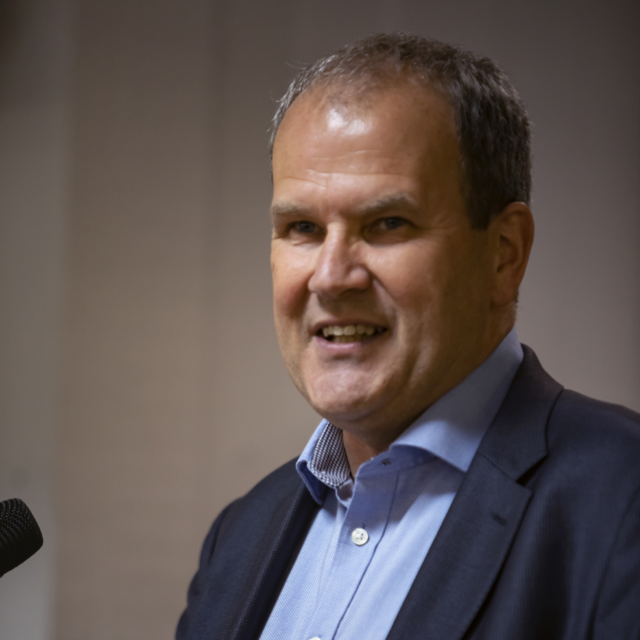
Jules is Professor of Environment and Society at the University of Essex, where he was Deputy Vice-Chancellor from 2010-19. He has sole-authored a number of books including The Edge of Extinction (2014) and The Earth Only Endures (2007).
He is also Principal Fellow of the Higher Education Academy, Fellow of the Royal Society of Biology and the Royal Society of Arts, former Deputy-Chair of the government’s Advisory Committee on Releases to the Environment, and has served on advisory committees for the Biotechnology and Biological Sciences Research Council and the Royal Society.

Ellie is currently in year 11. She is a member of the Young Essex assembly, where she represents young people in Essex and discusses the prominent issues are affecting young people, whilst working on many projects towards these issues.
She first learnt about climate change a few years ago, and since then she has become very passionate about climate action and the need for more young people to be part of these discussions, which is why she is very grateful to be given the opportunity to be part of the commission.

Prajwal represents the young people of Essex as a member of the Young Essex Assembly and a Member of Youth Parliament, where, currently, the main topic for campaigning is to protect the environment. Prajwal attends Chelmsford Youth Strategy Group meetings as well as All Party Parliamentary Group meetings on Youth Affairs. He regularly keeps up with the latest news and scientific literature on the topic of climate change in particular. This is what inspired him to want to pursue the role of representing the young people of Essex on this topical and important issue.
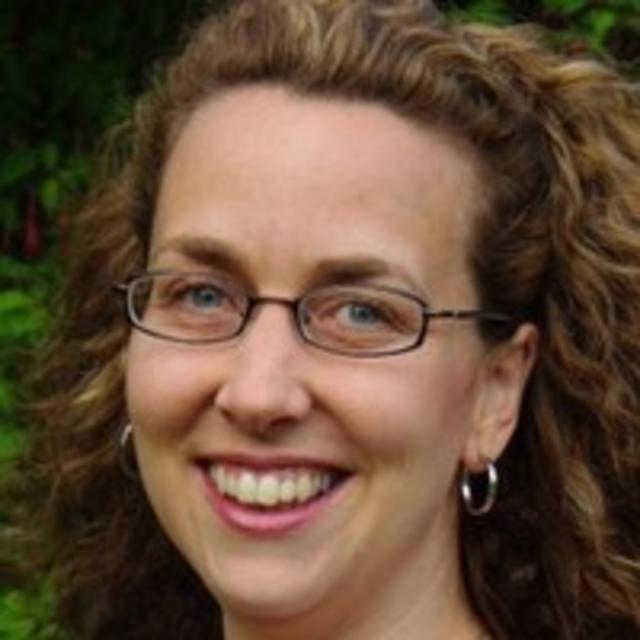
Jillian is Professor of Transport and Energy at the Institute for Transport Studies, University of Leeds. Her research addresses the potential for demand-side solutions to reduce carbon, local emissions and energy from transport.
She has sat on a number of advisory boards and strategy panels for UK Government Departments, National Research Councils and NGOs, including currently acting as Chair to the Research and Evidence Group for the Scottish National Transport Strategy Review.

Matt has worked for the Environment Agency and previously the National Rivers Authority for 30 years, His roles have included environmental monitoring, pollution incident response, tackling waste crime and managing a team maintaining Essex rivers. In his current role as Catchment Manager, he works with a range of partners on initiatives that reduce pollution and flood risk whilst enhancing habitats.
Outside of work Matt spends as much time as possible outdoors walking and cycling through the Essex countryside and has a real passion for our county and climate issues.
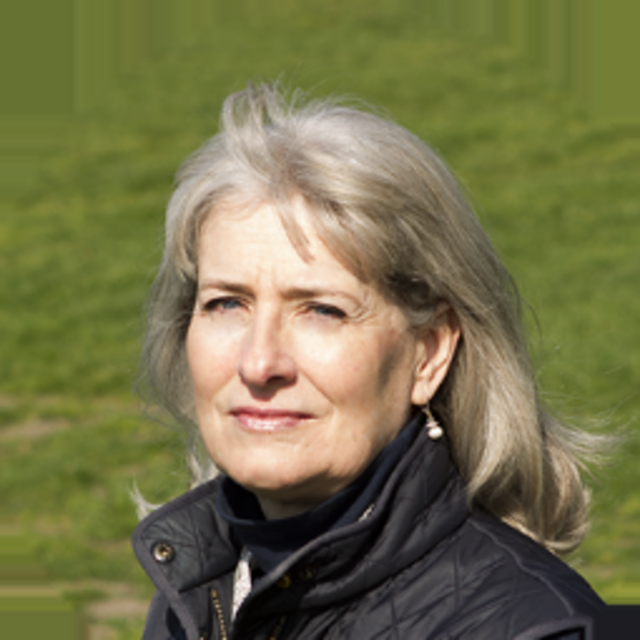
Catherine is a co-founder and Director of Agulhas: Applied Knowledge, a thriving research and consultancy practice specialising in climate, conflict and fragility. Agulhas works with clients from academia, government, civil society and foundations to provide research and analysis.
A Visiting Fellow at the Centre for Understanding Sustainable Prosperity (CUSP) at the University of Surrey, Catherine has previously been a Visiting Professor at the University of Essex and a Visiting Fellow at Anglia Ruskin and the University of Oxford.
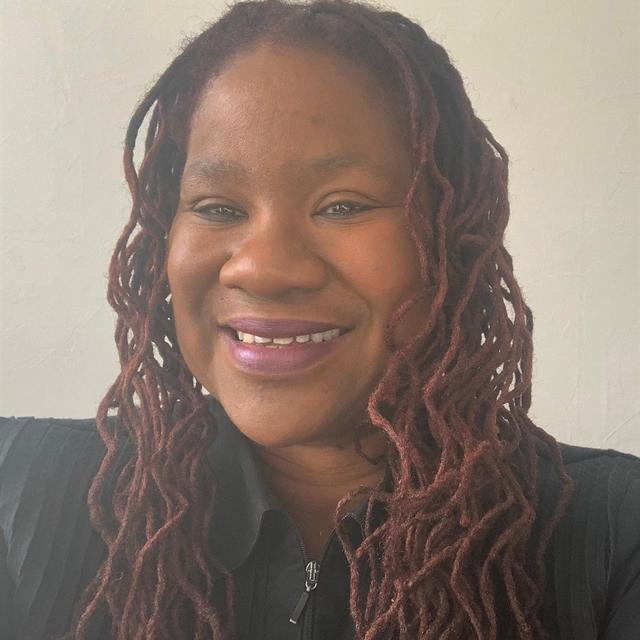
Julia has 15 years of experience in working nationally with communities, schools and workplaces on their priorities for the built environment. With over 30 years' experience in project management across sectors, Julia is the Regional Director South at Living Streets, leads the Living Street technical team and 16 other project delivery team staff. Currently she has oversight of all project delivery in Cardiff, and in England from the Midlands, London and the SW of England.
Amongst others, her professional affiliations include MODESHIFT, ACT Travelwise, Heathrow Area Transport Forum, Transport for the South East and Future London.
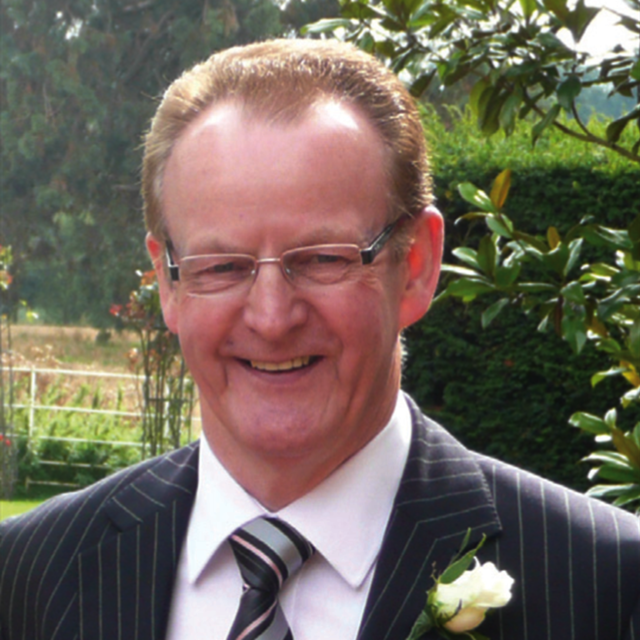
Following his career as CEO of a public company Peter became a Parish Councillor in 2011 and in 2017 became Chairman of the Essex Association of Local Councils (EALC) which represents 275 Town and Parish Councils in Essex. EALC workstreams support the development of local councils to create a strong voice both countywide and nationally. In 2017, Peter also became a member of the board of the National Association of Local Councils (NALC) in 2017 which represents 10,000 Town and Parish Councils in the UK. Peter is involved in the climate change initiative at both national and county levels.

Ian has been Chief Executive of Tendring District Council (TDC) since 2010. His overriding ethos is that the Council should take a community leadership role for the area as a whole, working with all public sector providers.
TDC declared a Climate Emergency in August 2019 and has developed an action plan which entails calculating the Council’s carbon footprint and steps to reach net zero carbon by 2030 as well as identifying community actions to influence and encourage businesses, community groups and individuals across Tendring to join the Council in striving to make the whole area net zero carbon.

Richard is a Director at Balfour Beatty, responsible for business development, early tendering and market engagement. He has over 20 years’ experience in the sector working on all types of buildings in both public and private sectors.
Richard is frequently engaged in local and national initiatives turning his holistic thinking and energy to whichever challenge is presented. He led the development of one of the first net zero carbon primary schools in England nearly 12 years ago; with the project not only achieving zero carbon emissions but also a BRE Global Award for achieving the highest BREEAM Outstanding schools project score that year.
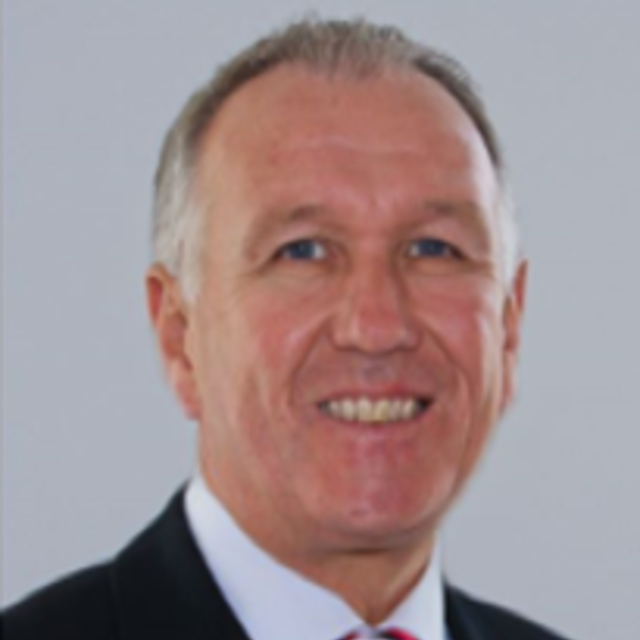
Councillor Ivan Henderson was first elected to Harwich Town and District Councils in 1986 and has served as a County Councillor since 2013. He was the Member of Parliament for Harwich from 1997 to 2005. He is currently serving as the Labour Group Leader at both County and District level.
Ivan is passionate about his local community and that includes climate matters and sustainable travel for Essex residents. He served as a Department for Transport Board appointee for six years to Harwich Haven Authority and has worked with a number of NGOs such as Sustrans, Living Streets, Campaign for Better Transport and the Urban Transport Group.
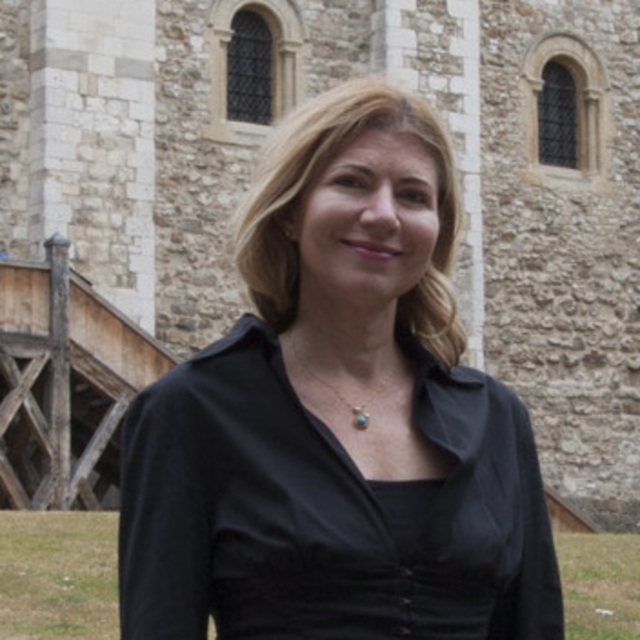
Heather has over twenty years of experience in the design, delivery and financing of cultural places and healthy spaces for local communities, and the protection of the natural environment and places of historic significance.
Heather is the CEO of Thames Estuary Partnership (TEP), hosted by University College London. TEP is a consortium of public and private agencies that operate on the river Thames and UK coast, working on a long-term programme to address climate change and biodiversity.
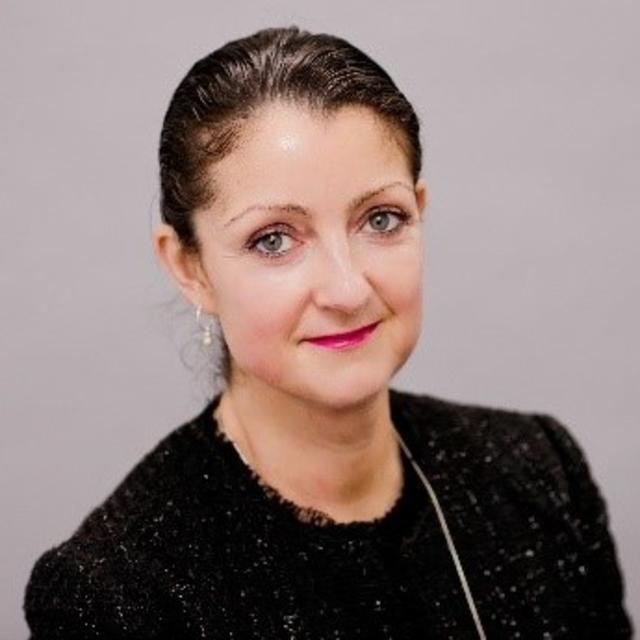
Victoria Hills MRTPI FICE is Chief Executive of the Royal Town Planning Institute with over 22 years in senior roles in planning, transport, organisational leadership and development. She latterly led the UK’s largest regeneration project at Old Oak.
Using the convening role of the Institute, she makes the case for resourcing planning and advocating the important role of putting planning at the heart of government delivery for the quality places that people want to live in.
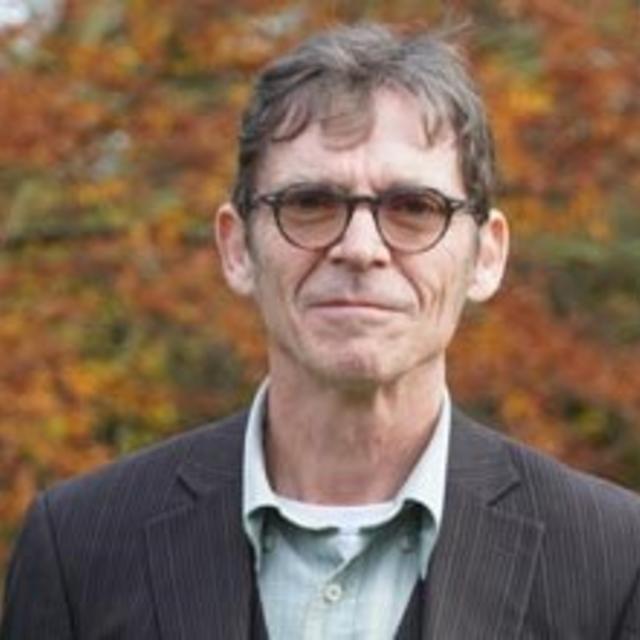
Peter is a Professor in Biodiversity Conservation and Sustainability within the School of Sustainable Environments at Writtle University College. He is also currently acting co-director for the Centre of Econics and Ecosystem Management in partnership with Eberswalde University for Sustainable Development.
Apart from his academic roles, Peter is also a member of the IUCN Commission for forest ecosystems; the board of trustees for the UK Wilderness Foundation; board member for European Beech Forest Network; member of the European Society for Conservation Policy Group; European Wilderness Society Advisory Group; Rewilding Britain Advisory group; and the Advisory Group for Wild Europe.
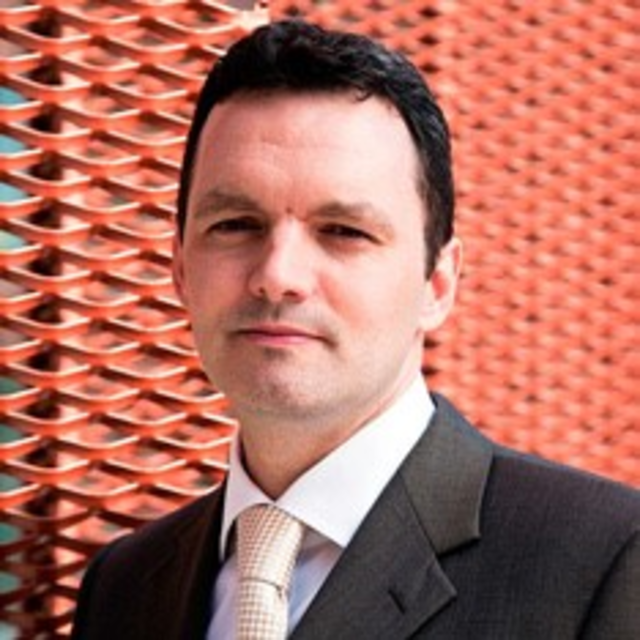
Professor Aled Jones HonFIA FHEA is the inaugural Director of Anglia Ruskin’s Global Sustainability Institute (GSI). His research explores climate opportunities and risk, predominantly from a finance sector perspective.
His work in climate finance has been recognised by the State of California and he has received a key to the city of North Little Rock, USA. Aled was a member of the UK-US Taskforce on the Impact of Extreme Weather on US/UK Food Security and was a President Bill Clinton Distinguished Lecturer.
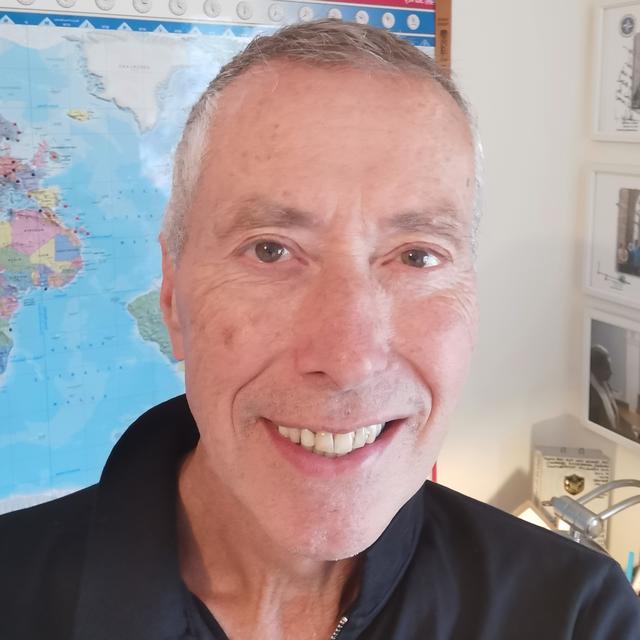
David is a councillor on both Colchester Borough Council and Essex County Council, and he is a Deputy Group Leader at County Hall.
In Colchester his responsibilities to 2021 included budgets and the estate, governance, business and economic development, and the Woodland Bio-diversity project. The latter reflected his long interest in environmental and climate issues and the impacts of human life on the planet. His environmental campaigning has included action on plastic and single use waste and support for active and sustainable travel.

John has over 25 years’ experience with Ford Motor Company and was appointed Director of City Engagement, Europe, Ford Mobility in May 2018. He is responsible for managing relationships with key European cities and other stakeholders and leads Ford Mobility Sales and Marketing activity.
Prior to his current position John was Head of Government Programmes for Ford of Europe. In this role he was responsible for coordinating company efforts to secure UK Government and EU funding to support research, development, and manufacturing activity in the UK.
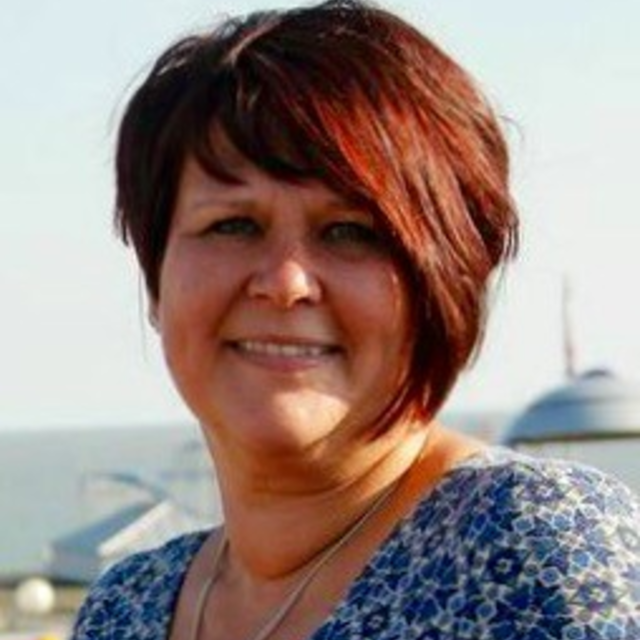
Elected to Colchester Borough Council in 2006, Sue is Colchester Borough Councillor for Prettygate ward. She was subsequently elected to Essex County Council in 2013 representing the Drury division. Sue has sat on a range of panels and committees and for many years has been shadow cabinet member for waste and the environment at Colchester Borough Council. She has also been Cabinet member for property, planning, housing, and communities at the County Council.
Sue’s interest lies in the community and how councils can practically roll out environmental projects that will benefit local neighbourhoods.
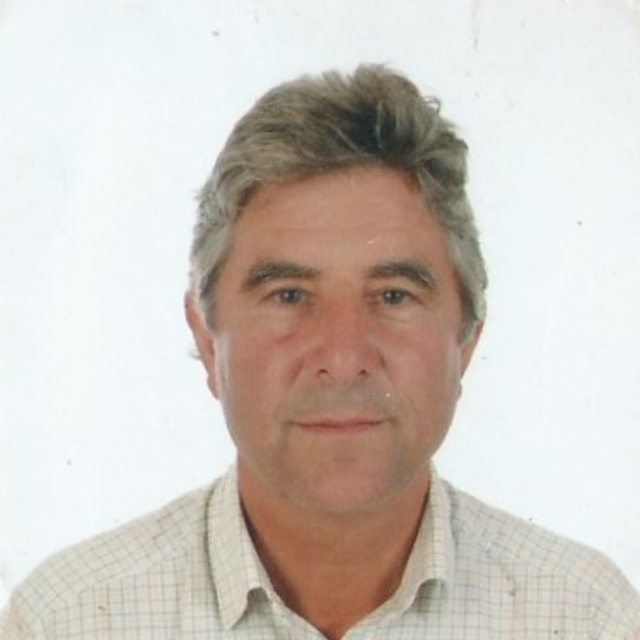
Son of a tenant farmer, Simon grew up with a love of nature. After qualifying as a lawyer in the UK and US, he switched from City law to wildlife law. He wrote the textbook International Wildlife Law, was awarded a PhD by Cambridge University, and has worked in wildlife conservation in the UK and internationally for more than 30 years.
He is a Board member of Natural England, a non-executive director of Northumbrian/Essex & Suffolk Water and a trustee of the Rural Community Council of Essex, having previously worked with WWF and then as Director General of the Wildlife Trusts.
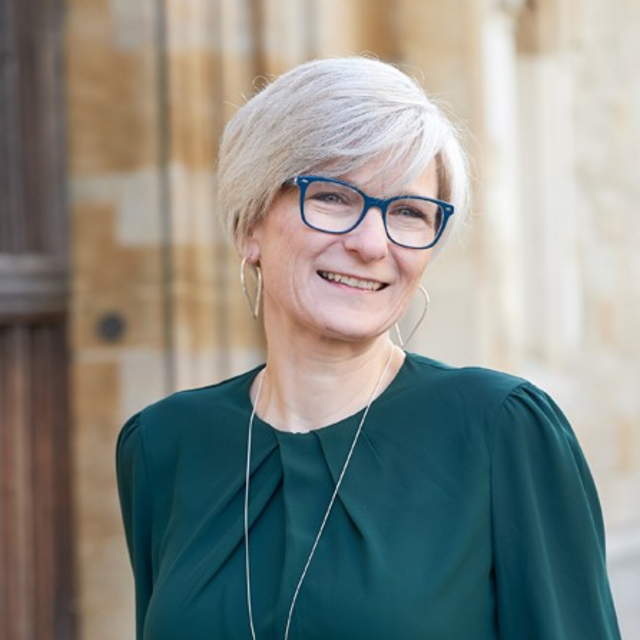
Dr Laura Mansel-Thomas is an engineer who has worked in the construction industry for 25 years. She is a Partner at Ingleton Wood LLP, a 200-strong multi-disciplinary building consultancy encompassing building surveying, engineering, environmental and architectural disciplines.
Laura has been involved in low energy building concepts and environmental design throughout her career. She has been involved in projects at all scales, from the £55m refurbishment of the Ashmolean Museum in Oxford, which used innovative low energy cooling technology, to small housing association schemes, assessing the most cost-effective ways of meeting – and exceeding – sustainability goals.
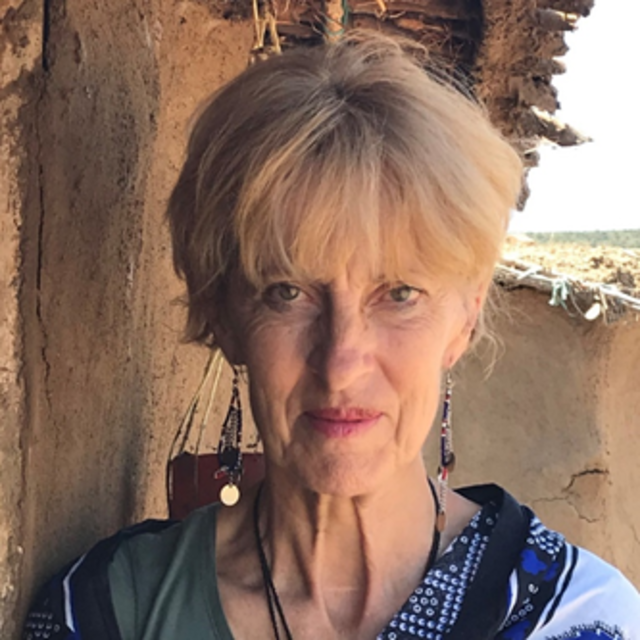
Jacqueline is Professor of Sustainable Development and Resilience Institute for Global Prosperity and Engineering at University College London, Gresham Professor of the Environment, Professor of Public Policy and Governance at Strathmore University Business School, Kenya, and Lead Scientist at British Institute in Eastern Africa, Kenya.
Her current research includes nature-based solutions to climate adaptation and mitigation, including social and economic valuation of agri-biodiversity systems under future climate scenarios among many others.
Previously Jacqueline was UN Environment’s Chief Scientist, Director of Science and Chief Statistician and Executive Director of the European Environment Agency amongst others.
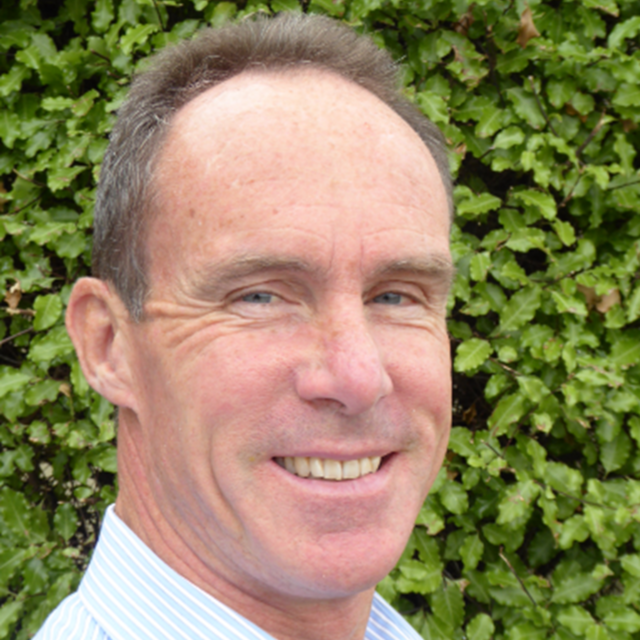
Robert spent 40 years as a Naval or Police Helicopter Pilot. In 2003, he became a councillor for Braintree District Council, and was on Essex County Council from 2017-2021. Robert’s roles have included 10 years as Braintree’s Deputy Cabinet Member for waste (encouraging 23-55% recycling rates) and carbon management.
In this role, Rob and his team proceeded to innovate, educate and change habits and as a result, every year since then they were able to save more carbon and tax than their combined salaries, across the District.
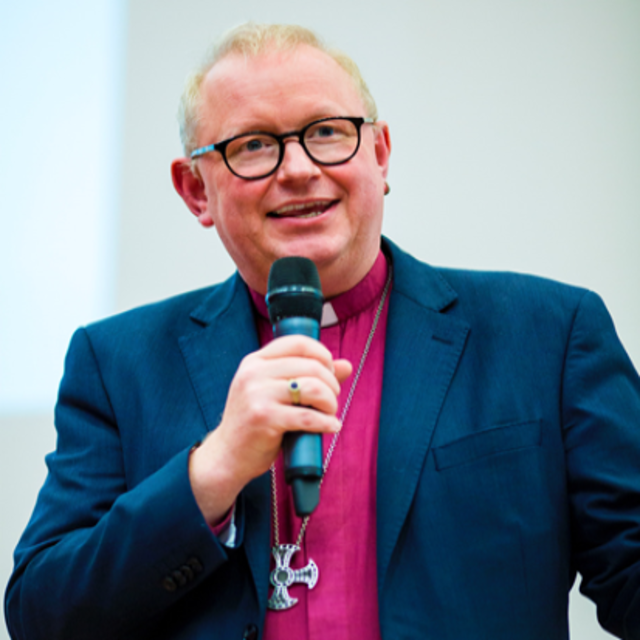
Bishop Roger Morris studied Chemistry at Imperial College, London, and then Theology at Trinity College Cambridge. He has been in ordained ministry since 1993 and Bishop of Colchester in the Diocese of Chelmsford since 2014.
Roger has frequently spoken on environmental issues and climate change – including raising issues of the disproportionate effect of climate change on the World’s poor. The Diocese of Chelmsford has been actively engaged in measures to address the effects of climate change in Kenya specifically, where it has links to multiple dioceses.
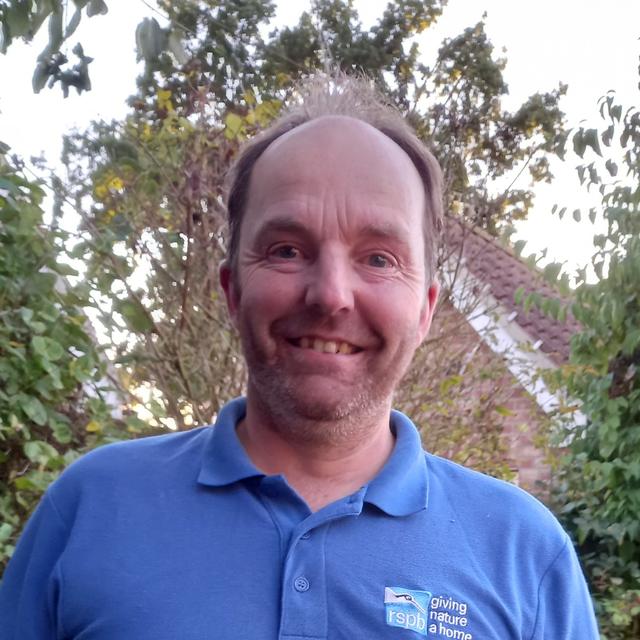
Mark is a Senior Conservation Officer for the RSPB, working across Kent and Essex. Twenty years with the RSPB has included reserve management in ancient woodlands, grazing marsh and estuary; cattle-handling in the Fens and visitor management at Flatford in the heart of Constable Country. In his current role, he leads the team working with landowners to help save the Turtle Dove, deals with a variety of planning issues from NSIPs to Local Plans and works with a variety of stakeholders across sectors to secure nature-friendly outcomes.
Mark has a lifelong interest in birds and natural history.

Dr Adam Read has been External Affairs Director at SUEZ Recycling & Recovery UK for almost 5 years after a successful career in academia, local government and consultancy. Prior to joining SUEZ he was Ricardo’s (engineering consultancy) global waste management lead specialising in strategy, procurement and community engagement. He spent 15 years in major consultancies, supporting city and regional waste strategies, site development and technology selection.
He has been leading SUEZ’s work with the UK Government on the development of the new English Resources & Waste Strategy and the plans for significant policy reforms. He is the President of the Chartered Institution of Wastes Management.
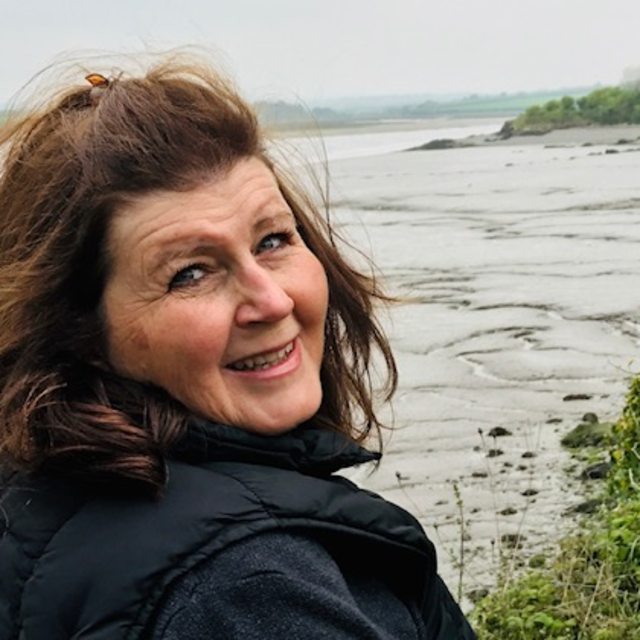
Jo has been a Director and Chief Executive of the Wilderness Foundation since 2004 but has been involved with the organisation since 1998.
South African by birth, Jo trained and worked as a Social Anthropologist during the time of Apartheid, working mainly with rural communities. She also has a keen interest in developing benefits for communities tied to nature protection as a long-term conservation tool. Using the extensive wilderness network and her close link to South Africa, she merges best practice from around the world into creative programmes that suit British climate and culture.

Yarema is an architect and a natural capital consultant. He specialises in timber frame construction methods and adaptive re-use of existing buildings. He co-founded Biodiversity Capital, a consultancy which is advising Natural England and emerging habitat banks on the potential future market for biodiversity offsets and other ecosystem services.
As a trustee of Greenoak Housing Association he has helped shape the organisation's zero carbon strategy and provides oversight of their Passivhaus developments. He is a volunteer with Thames Estuary Partnership, where he advises on natural capital aspects of blue infrastructure and nature based solutions.

Ellis graduated from the University of Portsmouth in 2019 with a BA in Media Studies and from the University of Leeds in 2020 with a MA in Social and Political Thought.
Previously operating as a Policy and Government Affairs Advisor for Make UK, a trade association representing the manufacturing sector, he now works for Logistics UK – the only business group in the UK that represents the whole of the logistics sector. Within his role as a Policy Advisor, he leads on Rail, Aviation and Maritime freight policy, alongside helping organisations to decarbonise their operations.

Jonathan has been Chief Executive of Brentwood Borough Council since December 2019. He has worked within local government for over 25 years, predominantly undertaking senior leadership roles, across a range of different organisations including Ipswich Borough Council, The London Borough of Enfield, Babergh and Mid Suffolk District Councils and Brentwood Borough Council.
He is also the Chief Executive lead for Housing and Infrastructure and Climate Change for the Association of South Essex Local Authorities (ASELA), Non-Executive Director for The Society of Local Authority Chief Executives (SOLACE) and a Board Member of Suffolk New College, a further education college.

Paul is a councillor for Essex County Council and Braintree District Council.
After graduating with a 2.1 Hons degree in Politics from Southampton University in 1990, Paul gained the NCTJ professional qualification in journalism from Harlow College. After working for seven years at local newspapers in Essex and Suffolk, Paul spent 15 years in Fleet Street. He now owns and runs his own small business based in Coggeshall.
He joined the Green Party after becoming involved in a campaign against the Rivenhall Incinerator and reading and learning about environmental issues.
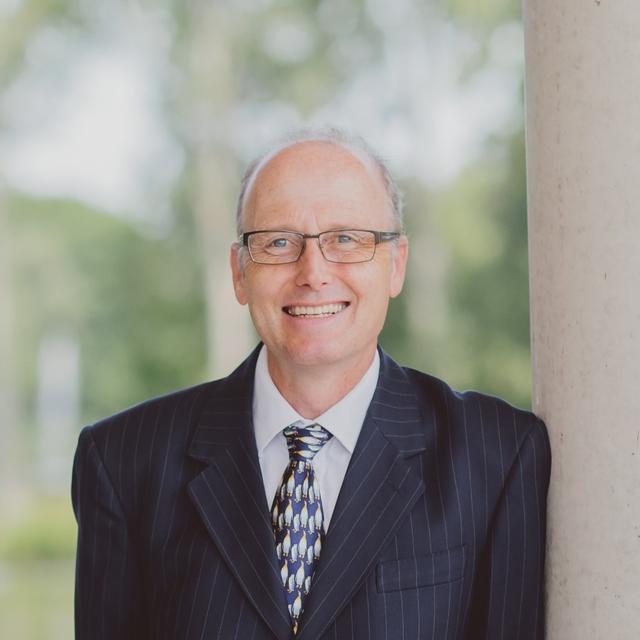
Graham is a Professor in the School of Life Sciences at the University of Essex. Trained as a Zoologist at the University of Reading, and with a PhD in freshwater ecology from the University of Sussex, he moved to Essex in 1992.
Recent research includes investigating the importance of dissolved organic matter and nutrients in carbon cycling in coastal environments, impacts of nanoparticles, coastal “Blue Carbon”, and Arctic lake and sea ice biogeochemistry. He has worked with UK Government, NGO and conservation stakeholders to provide scientific underpinning for policy.
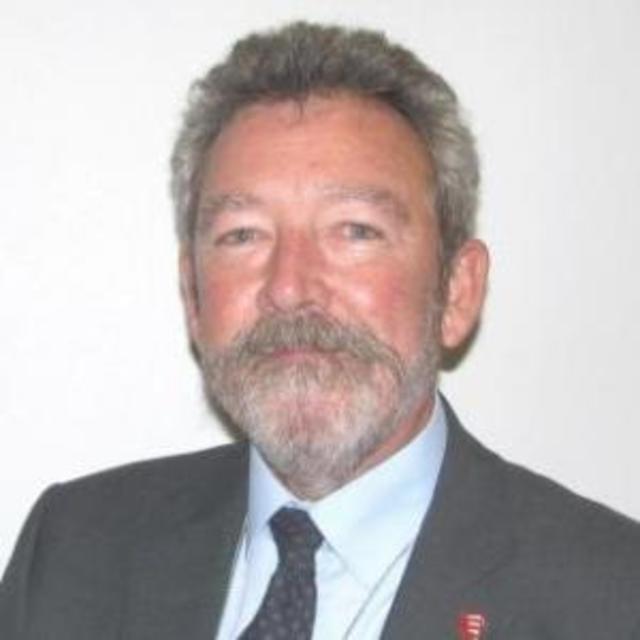
Simon was an Essex County Councillor from 2001 – 2021. Across the final five years of his tenure, Simon served as Cabinet Member for Environment and Climate Change Action.
Simon has degrees in Botany with Marine Botany, Sustainable Environmental Management and Leisure, Tourism and the Environment. He has a professional background in environmental land management, having started his career as a marine biologist, going on to manage a large coastal nature reserve in Devon and was a Countryside Manager for Hertfordshire County Council where he helped establish the London Walking Forum. A career break to raise a family was followed by a move into politics.

Holly was elected as the County Councillor for Epping and Theydon Bois in May 2021 and she is currently the Deputy Cabinet Member to the Deputy Leader and Cabinet Member for Communities, Partnerships, Equalities and Performance, Cllr Louise Mckinlay. Holly has been a District Councillor since 2016 and is the currently the Cabinet for Housing, a role she has held since May 2019. She currently works as a Communications Manager for a National Trade Body.
Holly is passionate about shaping our communities and making them a better place for this generation and those that follow.
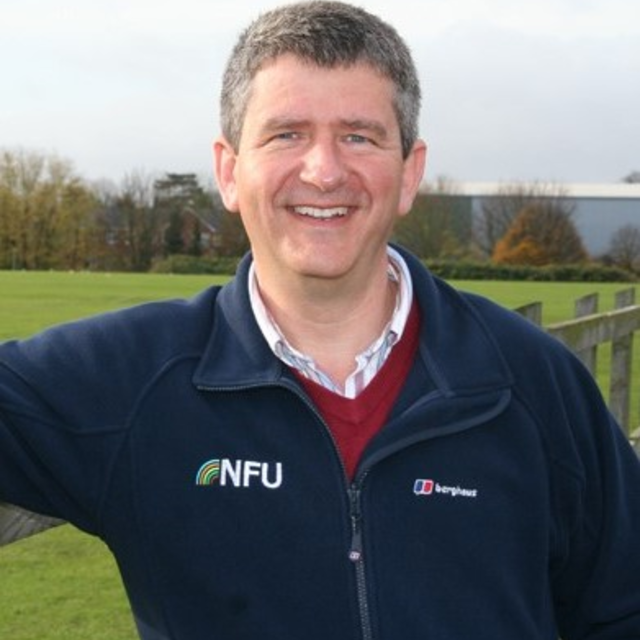
Rob grew up on an arable farm on the Suffolk/Essex border. After studying agriculture and spending some time working on farms, he pursued a career in the world of agricultural policy, first in US government and then in the UK, working for a number of agricultural supply and landowner trade associations.
He has been the National Farmers Union (NFU) Environment Adviser for East Anglia since 2012. He is responsible for advising farmer members and representing their interests on a number of issues. This includes leading on climate change, renewable energy, water quality, flood defence, waste, agri-environment schemes and planning policy for the NFU in East Anglia.
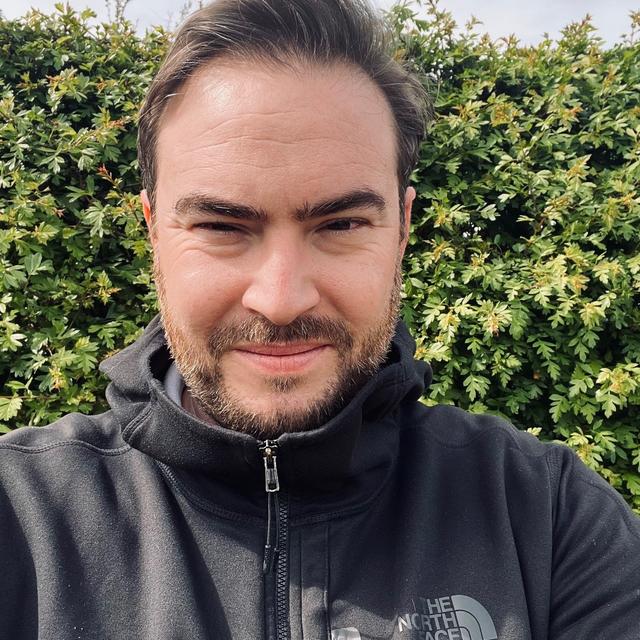
Rich is interim CEO of Essex Wildlife Trust and is also the Director of Engagement. He joined the Trust in April 2019 after spending most of his career working in the university sector in various roles including research, organisational development, and marketing and communications, including over ten years at the University of Essex.
Rich grew up in rural Essex. He studied environmental science and business at college. His bachelor’s degree was in ancient history and his master’s degree was in literature, specifically psychogeography and nature writing. He is also a trained coach and a trustee of Froglife.
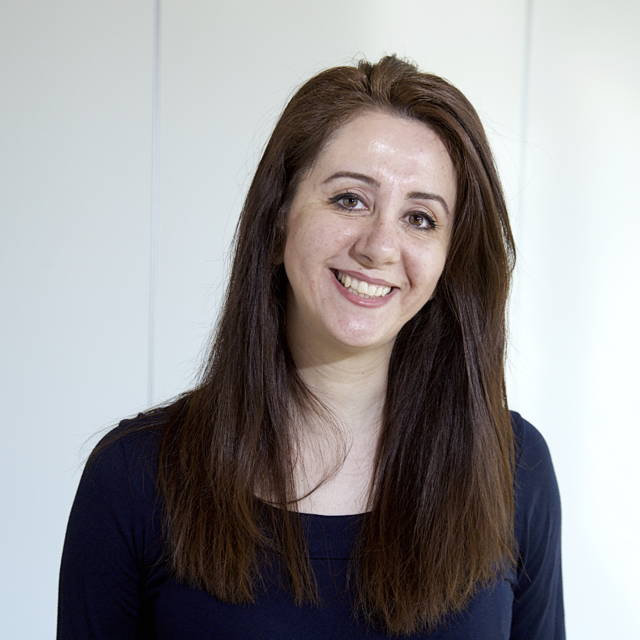
Dr Poone Yazdanpanah is an academic with over fifteen years of teaching and ten years of research experience in the UK at Lancaster University where she achieved her PhD in Design for Sustainability.
Her research interest is on the Future of Landscape Architecture in the context of Future Smart Cities. Her focus is to bridge the gap between natural and built environment to respond to innate human-nature connections.
Poone’s research is to explore how the design of public and private open green spaces would increase people’s health and wellbeing while nourishing their beliefs and values.







